Most of us have a vague idea about the ancient Greek Olympic games that were held every four years at the sacred site of Olympia, Greece, beside the city-state of Elis in northwestern Peloponnese from 776 BCE to about 393 CE. (Wow! A forty-word sentence. Shame on me.)
The games were part of a religious festival that honored Zeus, and the name of the competition was derived from Mount Olympus, home of the Greek gods. The Olympics was not the only one of these sporting matches held in Greece, but it was the most important. It is said that the Greeks even scheduled some of their wars so they would not interfere with the timing of the event between August 6 and September 19.
https://www.britannica.com/sports/ancient-Olympic-Games
Site of the original Olympics in Olympia, Greece
Image Source: https://www.ontheluce.com/ancient-olympia-let-the-games-begin/
After a few centuries to think about it, important men decided it was time to revive the Olympics. The first Modern Olympic Games took place in Athens, Greece, 1896. Members of the Greek royal family played an important role in the organization and management of the Games.
Under the leadership of Baron Pierre de Coubertin, the recently created International Olympic Committee billed the Modern Olympic Games being for the first time held since 393 CE. The Opening Ceremony was held on Greece's Independence Day (April 6) to an enthusiastic crowd filling the refurbished Panathenaic stadium and spilling into the streets and hillside beyond.

Image Source: https://bvmsports.com/2020/07/23/paris-hosts-1900-olympics-
The Committee still hadn’t settled on the major events that would define the games, and the rules and procedures were less than rigid. This resulted in some bizarre situations. Since the aura around the games is often so serious, it is tempting to poke a little fun at the not-so-intense moments. Unfortunately, these are often quite intense when they happen, but in sports and other performing arts, you have to lean to laugh at yourself, after the fact. It helps keep you sane.
1896, Athens Spyridon Belokas
Image Source: en.wikipedia.org/Spyridon_Belokas
Human nature never changes. During the inaugural Olympic marathon, Spyridon Belokas cheated by taking a carriage ride for a good chunk of the race. Yet somehow, even with that extra boost, he only managed to cross the finish line in third place.
Belokas was disqualified, and Gyula Kellner was awarded third place. Nonetheless, following his “victory”, Belokas was celebrated as a national hero.
| O.M.G. - WOMEN? WHAT A SCANDLE! 1900, Paris Twenty years before American women could vote, they were allowed to compete in the Olympics, which caused quite the kerfuffle. Wat does that say about American culture and attitudes? |  |
According to https://americaninquiry.com, the first American woman to win an Olympic gold medal was Chicagoan Margaret Ives Abbott, who won the Olympic competition in women’s golf in Paris in 1900.
"Apparently the Paris Olympics were run in an off-hand fashion, for during her lifetime Margaret was never fully aware of what she had won. Only after her death did historians realize that her victory in what seemed to be just another golf tournament was actually part of the Olympic competition. She received a bowl, not a medal." https://americaninquiry.com
BLOOD AND FEATHERS FLY
1900, Paris
Live pigeon shooting appeared for the first and only time as an Olympic event in the second modern Olympic games. Over 300 live pigeons were killed.
American sports historian Andrew Strunk wrote in a 1988 article on the 1900 Paris Olympics, “Maimed birds were writhing on the ground, blood and feathers were swirling in the air and women with parasols were weeping in the chairs set up nearby.”
CHEATING AND STRYCHNINE
1904, St. Louis Olympics
The 1904 long distance Marathon takes the prize for one of the most flagrant Olympic mishaps. Set in St. Louis, the modern Olympic Games were still in their infancy and, for the most part, the people in charge knew squat about what was required for such an event.
The foot race was set under the worst circumstances. The 25-mile race ‒ which was actually 24.85 miles ‒ started in the afternoon in hot 103°F weather. The roads were dusty, and automobiles were allowed to use the roads during the race, making the dust worse. The only water stop for the runners was at the 12-mile mark. These unfortunate conditions resulted in several unusual situations.
Frederick "Fred" Lorz was a competitor in the marathon and headed the pack of 32 runners and reached the 12-mile mark first. He had to stop there due to exhaustion. As a joke ‒ or maybe not ‒ his manager gave him an 11-mile lift until the car broke down. Lorz ran the rest of the way to the Olympic stadium where he broke the ribbon. The crowd screamed for the American.
Alice Roosevelt, daughter of the US President, laid a wreath on Lorz's head and was going to hang a gold medal on his neck, when the organizers called him a cheater (other versions say it was spectators who blew the whistle). Either way, Lorz laughed and said he was not going to accept the award and had finished the race merely as a joke.
en.wikipedia.org/Frederick_Lorz
Lorz was banned for life by the Amateur Athletic Union. He apologized for the prank and was ultimately reinstated because the AAU determined he had not intended to defraud. He continued in the sport until he died of pneumonia in 1914.
Thomas Hicks, in second place and still limping along the track, heard that Lorz was disqualified, came back to life, and forced himself to jog. His coach gave him more strychnine, this time with brandy.
"Over the last two miles of the road,” one of the people who watched the race wrote, “Hicks was running mechanically, like a well-oiled piece of machinery. His eyes were dull, lusterless; the ashen color of his face and skin had deepened; his arms appeared as weights well tied down; he could scarcely lift his legs, while his knees were almost stiff.”
Winner, Thomas Hicks, had his own secrets. Near the 19-mile mark, he started to hallucinate. He asked for food and then decided to lie down. His handlers bathed him head to toe in warm water and administered a concoction of eggs, brandy, and strychnine.
By the end of the race, he could barely shuffle his feet as the result of exhaustion and the strychnine - basically rat poison - and had to walk the rest of the way. Several of the 32 contenders in the race became ill that night, and Hick even came close to dying. He gave up running the next day.
TUG OF WAR
1904, St. Louis Olympics
Tug-of-war was introduced in Paris 1900 and remained an event through the Olympics at Antwerp in 1920, although the 1916 games were cancelled because of WWI.
Traditionally, the best teams came from Scandinavia and Great Britain, but in 1904 one of the American squads ‒ the Milwaukee Athletic Club ‒ managed to capture gold despite the fact that none of the team members were from Milwaukee nor were they members of the Milwaukee Athletic Club. Losing teams filed a grievance to no avail.
Needless to say, the rules still tended to be a bit haphazard even by the third modern games and the precedent for manipulating the teams had been set in 1900 when competitors from Sweden and Denmark teamed up to beat the French.
The fate of the American team in the event's debut is even more bizarre: Some sources say they never competed, while others say they were disqualified.
DECIDE ON THE RULES BEFORE THE RACE
1908, London
In 1908, in the finals of the men’s 400-meter race, American John Carpenter maneuvered to block Britain's Wyndham Halswelle ‒ legal under American track rules, but illegal in Great Britain. Of course, Carpenter was disqualified. Well, after all, the games were in being held in London. Obviously, their rules took precedence.
The two other athletes who qualified with Halswelle were American. They were angry enough at the ruling that they boycotted the final. Halswelle ran the redo of the final all by himself. Guess who won?
GENDER TESTING WITH A TWIST
1936, Berlin
When Polish Stella Walsh ‒ defending gold-medalist of the 100-meter dash and favored to win again ‒ lost to an 18-year-old bullet from Missouri, Helen Stephens, Walsh supporters insisted that Stephens’ time was simply impossible for a woman and demanded a gender examination. Stephens agreed to the humiliation of examination by the Olympic Committee and they, indeed, found her to be a woman. She carried home the gold medal.
redbookmag.com/scandalous-moments-in-olympics Image credit: commons.wikimedia.org/w/index
The Twist: Forty-four years later in 1980, Stella Walsh was shot to death outside a Cleveland shopping mall. When the autopsy was performed, it was discovered that Stella Walsh had male genitalia, not Helen Stephens.
28 YEARS LATER, GENDER TESTING STILL UNRELIABLE
1964, Tokyo
Again, gender testing proves unreliable. Ewa Kłobukowska, a Polish sprinter, competed in the 4×100-meter relay and the 100-meter sprint and took home a gold and a bronze medal, respectively, which were stripped from her in 1967 for failing a gender test.
Surprise, surprise! In 1968 Klobukowska became pregnant and gave birth to a son. Her medals were never restored to her, however. It took years for people to realize that she must have had a genetic abnormality of having one chromo-some too many.
NOT SO FUNNY ANY MORE
By the second half of the 20th century, the Olympics was evolving into big business internationally. TV coverage and the competition of professional athletes changed the name of the game, so to speak.
With this shift, there was no official tolerance for incidents of cheating and incompetent management. No doubt such events occurred, but they were not amusing anymore, and kept a quiet as possible. In addition, no matter the rhetoric, the games had great political importance.
With the advances in photographic equipment and technology, the sources of funny incidents during the Olympics narrowed done to offer abundant opportunities for funny photos. Nobody is posing, and many of the sports require close body contact. If a photographer happens to be in the right place at the right time, some of the results are hilarious. Some of them make you feel mean for laughing, but you can’t help it.
You do get to see a lot of open mouths, teeth, and tongues in Olympic candid shots, and athletes sometimes just goofing around.
WRESTLING BOXING
JUST SAY'IN
■
Sources:
https://en.wikipedia.org/wiki/Frederick_Lorz
https://unbelievable-facts.com/2017/09/craziest-historical-incidents.html
https://www.weforum.org/agenda/2016/07/9-olympic-moments-that-changed-history/
https://www.stadiumtalk.com/s/weirdest-olympic-sports-faa578fdf7fe437f
https://olympics.com/en/olympic-games/athens-1896
https://olympics.com/en/news/the-history-of-the-olympic-games
https://thesilversword.com/sports/2016/08/29/top-10-ridiculous-olympic-sports/
https://bvmsports.com/2020/07/23/paris-hosts-1900-olympics-even-though-many-didnt-know-it/
http://www.allrefer.com/12-unknown-facts-about-olympic-games
https://americaninquiry.com/tag/margaret-abbott-dunne/
http://www.insidethegames.biz.com
https://birdinflight.com/world/20160824-marathon-during-1904-olympics.html
https://commons.wikimedia.org/w/index.php?curid=30478212
https://en.wikipedia.org/wiki/Spyridon_Belokas
https://www.timetoast.com/timelines/olympic-controversy
https://commons.wikimedia.org/w/index.php?curid=41546035
https://commons.wikimedia.org/w/index.php?curid=89624871
https://wtop.com/wp-content/uploads/2020/07/1900_Paris_Games_Olympics_79847.jpg
https://origins.osu.edu/milestones/revival-and-reinvention-olympic-games-athens-1896?language_content_entity=en
https://www.mentalfloss.com/article/31386/11-craziest-events-olympic-history#:~:text=The%201904%
20marathon%20was%20one%20of%20the%20most,that%20were%20permitted%20to%20drive%20alongside
%20the%20athletes.
https://origins.osu.edu/milestones/revival-and-reinvention-olympic-games-athens-1896?language_content_entity=en
https://www.insidethegames.biz/articles/1041711/anniversary-of-boxings-battle-of-seoul-highlights
-the-continuing-struggle-to-rid-the-olympics-of-controversy-in-the-ring
https://www.theage.com.au/sport/from-the-archives-1988-referee-flees-seoul-olympics-after-ring-assaults
20200918-p55wxa.html
https:/www.theage.com.au/sport/from-the-archives-1988-referee-flees-seoul-olympics-after-ring-assaults
-20200918-p55wxa.html
https://www.insidethegames.biz/articles/1041711/anniversary-of-boxings-battle-of-seoul-highlights
-the-continuing-struggle-to-rid-the-olympics-of-controversy-in-the-ring
Sources for “Funny Photos”:
https://worldwideinterweb.com/the-100-funniest-summer-olympics-photos-of-all-time/
https://www.heart.co.uk/news/sport/hilarious-olympic-pictures/
https://acidcow.com/pics/35912-crazy-and-funny-olympic-photos-105-pics.html
https://www.qunki.com/93428/funny-olympic-fails-that-might-make-you-feel-bad-for-laughing/
https://www.walesonline.co.uk/lifestyle/talking-olympics-hilarious
https://www.walesonline.co.uk/lifestyle/talking-olympics-hilarious
https://www.pinterest.com/pin/158189005632300669/
https://www.ibtimes.co.uk/best-rio-2016-olympic-faces-agony-ecstasy-wtf-1575365
https://www.pinterest.com/pin/158189005632300669/
http://thumbpress.com/can-norway-get-any-more-awesome/#sthash.RSDfwyRp.dpbs
https://www.huffingtonpost.co.uk/2014/02/10/27-pictures-of-funny-faces-from-the-sochi-2014-winter
-olympics-photos_n_4758755.html#gallery/5d023352e4b09d75a615c871/2
https://www.insidethegames.biz/articles/1041711/anniversary-of-boxings-battle-of-seoul-highlights-the
-continuing-struggle-to-rid-the-olympics-of-controversy-in-the-ring


























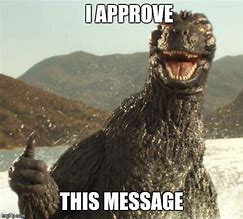
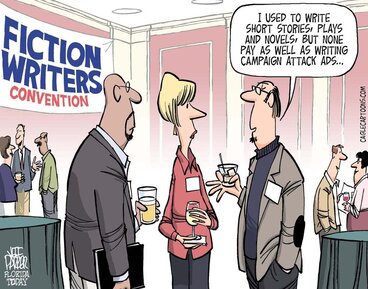
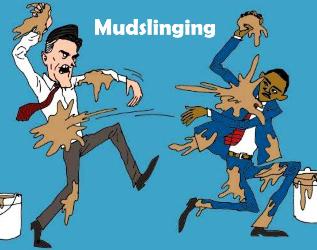
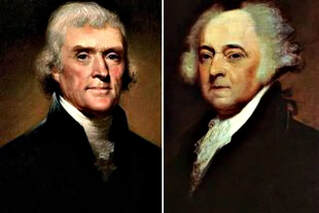
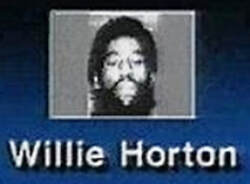
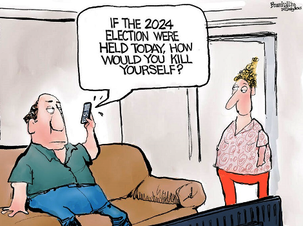

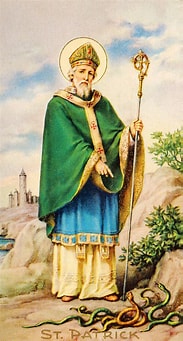
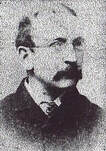

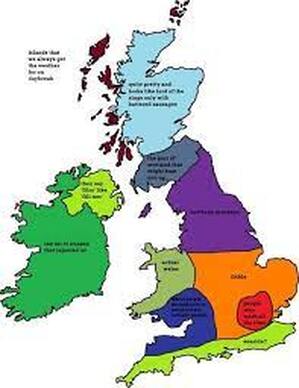
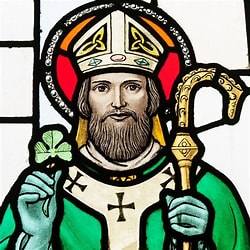







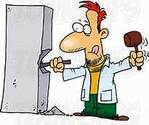
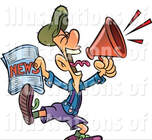
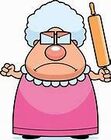


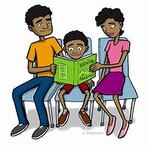



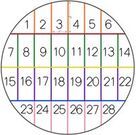

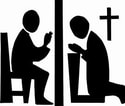

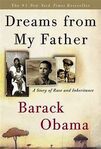
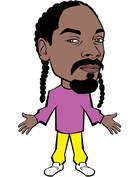
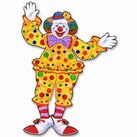



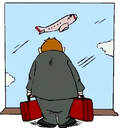

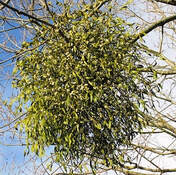


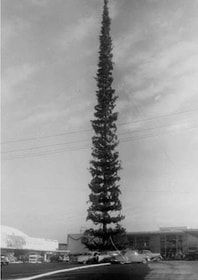




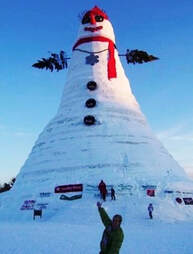
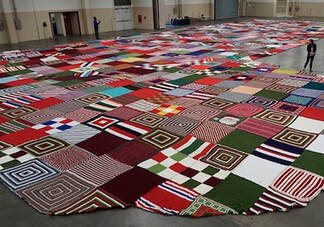


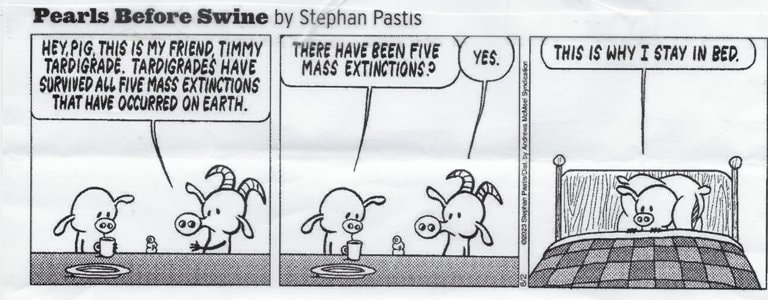
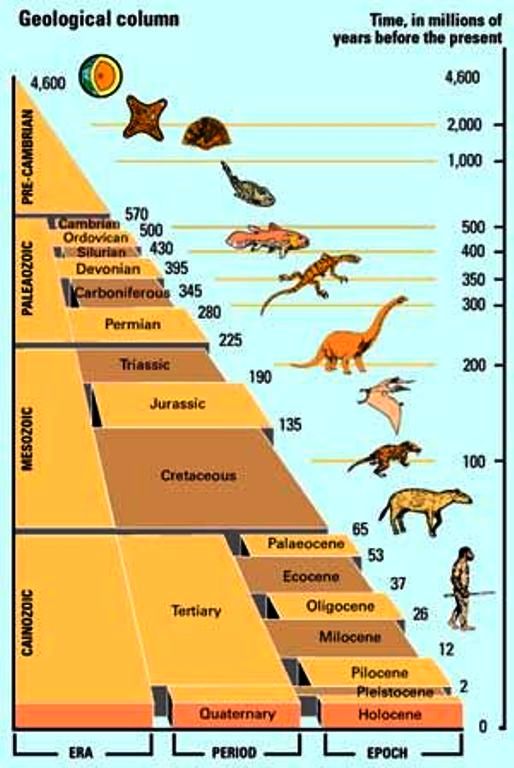


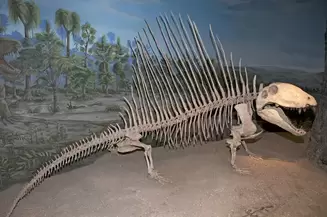
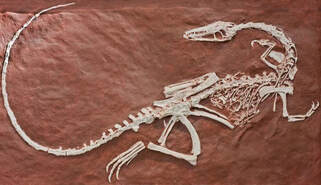
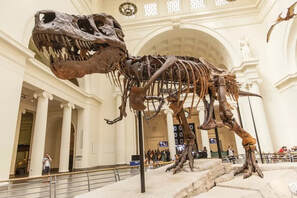
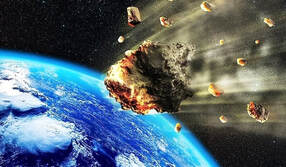
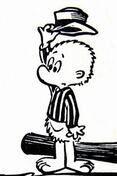

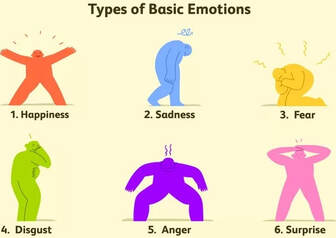














 RSS Feed
RSS Feed